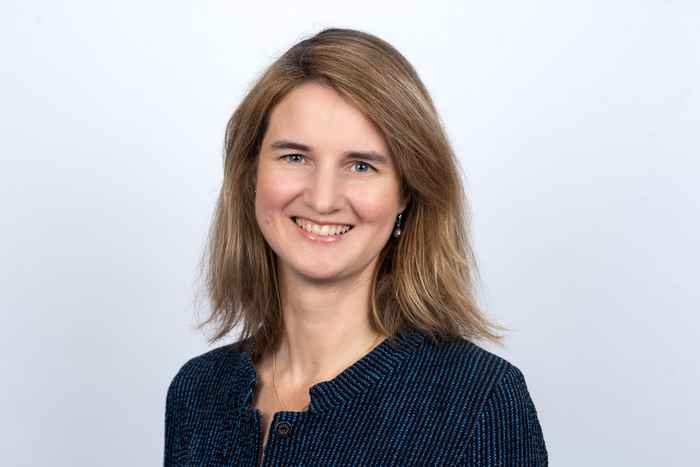'The question is to what extent you should correct behavior with law'
Financial position of caring partner vulnerable after divorce
30 May 2023

Dijksterhuis joined the UvA over four months ago as an associate professor at the Private Law section. She specializes in family law 'in the broad sense of the word,' she explains. 'I look at the rules within family law, as well as the way in which they affect society.'
Divorces
Topics such as alimony, online divorce platforms and the financial position of partners after a divorce are of interest to Dijksterhuis. There’s a lot of changes happening, especially regarding the latter subject. 'Partner alimony has just been cut. The standard now is to share less. It is very interesting that there is an increasing emphasis in legislation on autonomy and less so on sharing. The idea is that you should be able to take care of yourself, but in practice you see that the partner who takes care of the children takes a huge dive in purchasing power after the divorce. This is not compensated for by legislation at the moment. People then must rely on welfare and other social services.'
As long as people are married they don't see the loss of self-sufficiency as a problem themselves
What role does the academic community play in that story? And are these issues addressed properly? These are the types of questions Dijksterhuis tries to answer. 'There is writing about this issue in many fields, but it does not always reach policy makers. It’s not entirely clear yet why this is the case.’
The financial vulnerability of people after a divorce may also have to do with a lack of emancipation, says Dijksterhuis. ‘If this is the case, I wonder what financial choices partners make and what the role of legislation is here. Legislation seems to reinforce the problem through its strong emphasis on autonomy and self-reliance. But I also wonder to what extent the law should correct behavior. It's interesting how that works in relationships, because as long as people are married, they don't see the loss of self-sufficiency as a problem themselves. So, should you want to correct people's behavior? I'm not a policy maker, but I do put the problems that arise on the table.’
Plan Integraal Privaatrecht
The common denominator of Dijksterhuis' research themes is that they always involve large and often vulnerable groups of people. 'You can really make a difference on those topics. How do you achieve social justice when there are large economic power differences between, for example, people in a family?
These types of questions also fit in well with the Plan Integraal Privaatrecht that is being set up at the Amsterdam Centre for Transformative Private Law (ACT). 'The idea is to bring the research we do here closer to society. What role can private law for instance play in solving major issues of our time, such as the climate crisis?', explains Dijksterhuis. 'The emphasis at ACT was very much on method and theory, whereas in education or at the Vrouwenrechtswinkel where I teach courses, a lot of it is also about alimony cases, for example. The connection between education and research had to be improved and the people who were already doing research along these lines will soon be better incorporated into ACT.'
Dijksterhuis herself will be the leader of one of the three themes within the new plan. ‘I will lead the “Relations” theme. It deals, for example, with contracts around surrogacy and the duties of care of companies and their directors. I am now discussing with other researchers what role they can play within this theme. I will also continue to do my own research. I like legally complex themes, but it has to concern a large group of people in society.'